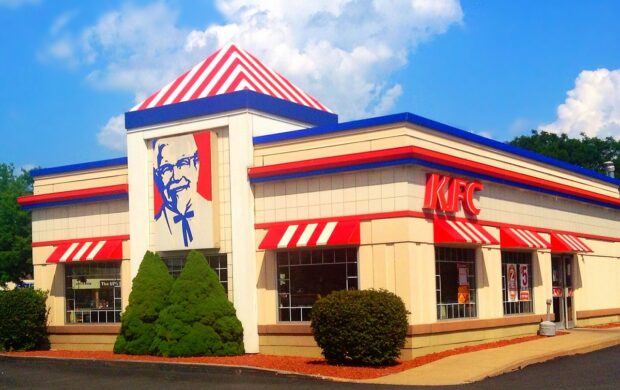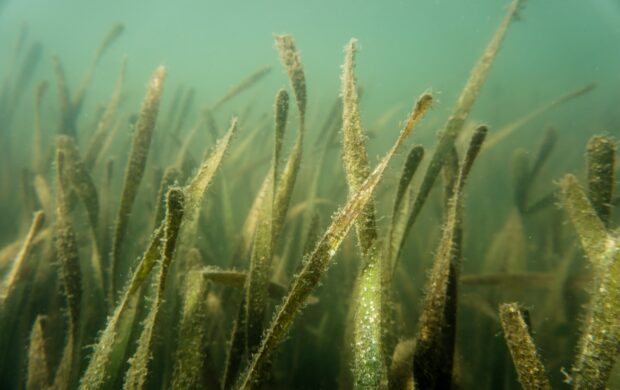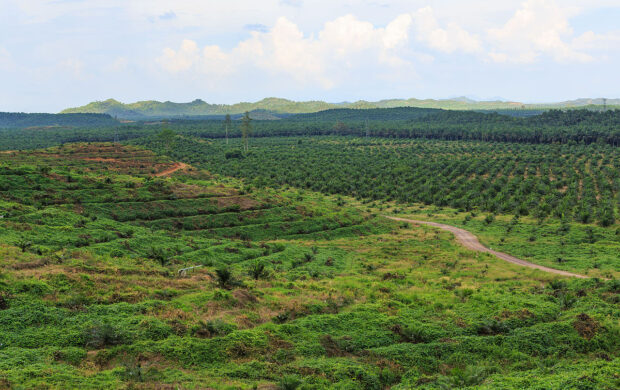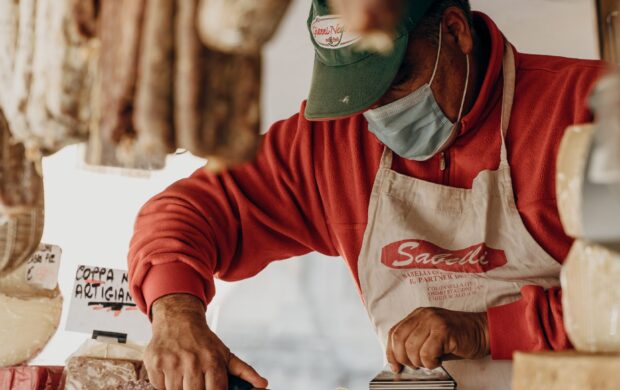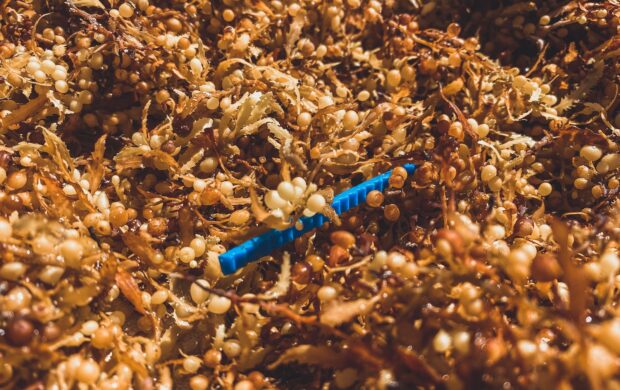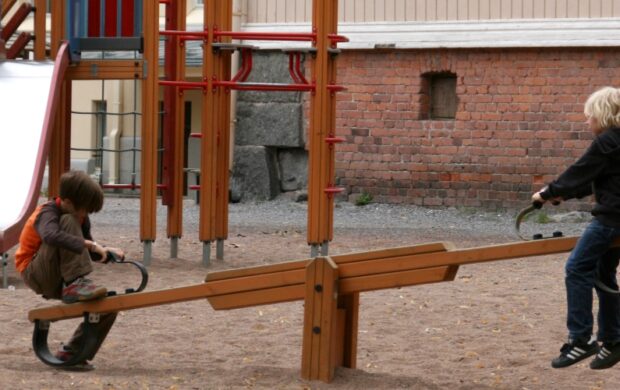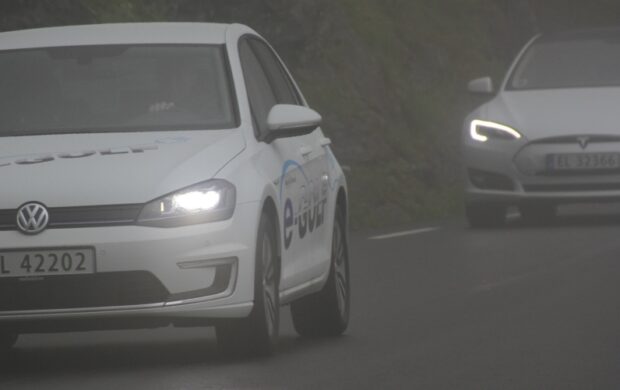Canadian company SailCargo is building a wooden three-mast sailing cargo ship in Costa Rica to pioneer carbon-negative marine freight. The 45m-long ship, called Ceiba, would be the world’s largest self-propelled vehicle, with a carrying capacity of 250 tons or ten standard containers.
The design combines old-world ship building techniques with avant-garde energy and propulsion systems design. For maneuvers and in calm weather, electric motors and batteries are installed – but these will not be charged in ports but fed exclusively from solar cells and wind turbines mounted on the ship, as well as wave energy generators below deck.
Sailcargo estimates the construction costs at USD 3.6 million. It is also planting thousands of tropical hardwood trees in the coming year, of which 10% could be used in new projects.


